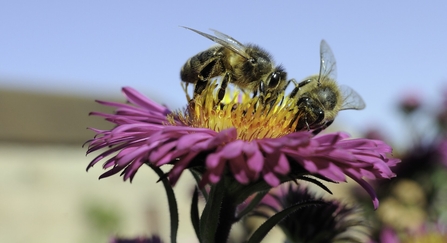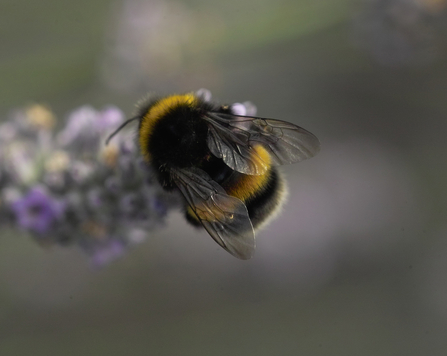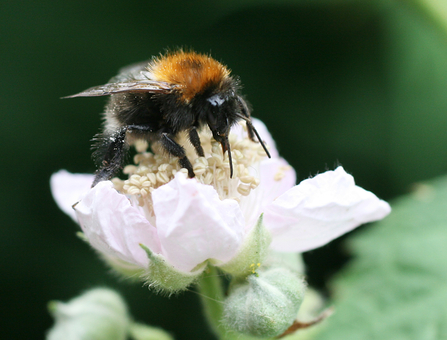An application for the use of a banned, bee-harming neonicotinoid on sugar beet seed in 2024 has been submitted to the UK Government – despite an industry commitment to end reliance on the banned pesticide in 2023. In August 2020, British Sugar pleaded for "no more than three years... to give us time to develop alternatives to the seed treatments." Three years has now passed.
Meeting minutes reveal that the Expert Committee on Pesticides, which has repeatedly advised the Government against authorising banned pesticides, now warns that the risks to bees and other pollinators from such a decision outweigh any likely benefits for sugar beet growers.
Farming minister, Mark Spencer, must now decide whether to follow expert advice and European standards – or to allow an authorisation of the banned chemical in the new year.
A minuscule trace of neonicotinoids – which were banned in the UK and across the EU in 2018 – can disrupt a bee's ability to navigate and reproduce, with long-lasting consequences for their survival. When neonicotinoids are washed into streams and rivers, they are extremely toxic to aquatic invertebrates and pollute the water. Yet, for the last three years the UK Government has granted a derogation for the use of the neonicotinoid Thiamethoxam on sugar beet.



